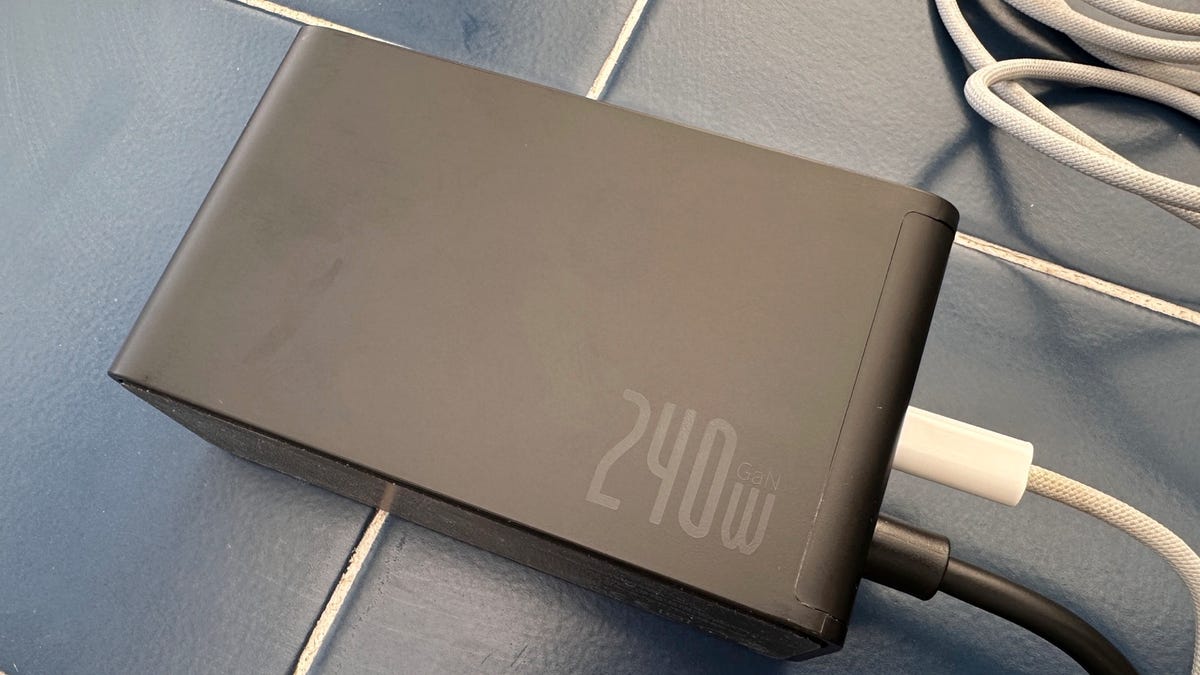BOOK THIS SPACE FOR AD
ARTICLE AD
Artificial intelligence (AI) models are only as good as the data that train them, and if you use LinkedIn, your data is a part of that training.
Fortunately, there's a way out.
LinkedIn said today that it's updating its privacy policy to clarify how it uses your information. "We may use your personal data to improve, develop, and provide products and services, develop and train artificial intelligence (AI) models," the updated verbiage says, and to "develop, provide, and personalize our Services, and gain insights with the help of AI, automated systems, and inferences, so that our Services can be more relevant and useful to you and others."
Also: The NSA advises you to turn off your phone once a week - here's why
This data includes using generative AI (gen AI) on the site or other AI features (powered by Microsoft's Azure OpenAI service), anything you post, articles you share, how frequently you use LinkedIn, your language preference, and any feedback you may have provided to the LinkedIn team.
The most interesting part is that LinkedIn has updated its privacy policy to spell out what it's doing, but it was already using your data before this new agreement. LinkedIn has this setting turned on by default.
However, LinkedIn did add that when it trains AI models, it tries to minimize personal data use and uses privacy-enhancing technologies to redact certain information from the training dataset.
Also: FTC report exposes massive data collection by social media brands - how to protect yourself
If you don't want your data to train AI, LinkedIn has included an opt-out. To exclude your data from training AI, use the Data for Generative AI Improvement member setting where you'll see a single toggle. When you opt-out, LinkedIn says neither it nor its affiliates will use your information to train models going forward.
This setting doesn't affect training that has already taken place.
When you engage with a gen AI-powered feature on LinkedIn, the company says, it stores any data you provide until you delete it. If you're curious [about] what information LinkedIn has about you, including connections, contacts, account history, and information LinkedIn infers about you based on your profile and activity, you can go to the settings page, then "Data privacy" and choose "Get a copy of your data."
.png)
 2 months ago
67
2 months ago
67 














 Bengali (Bangladesh) ·
Bengali (Bangladesh) ·  English (United States) ·
English (United States) ·